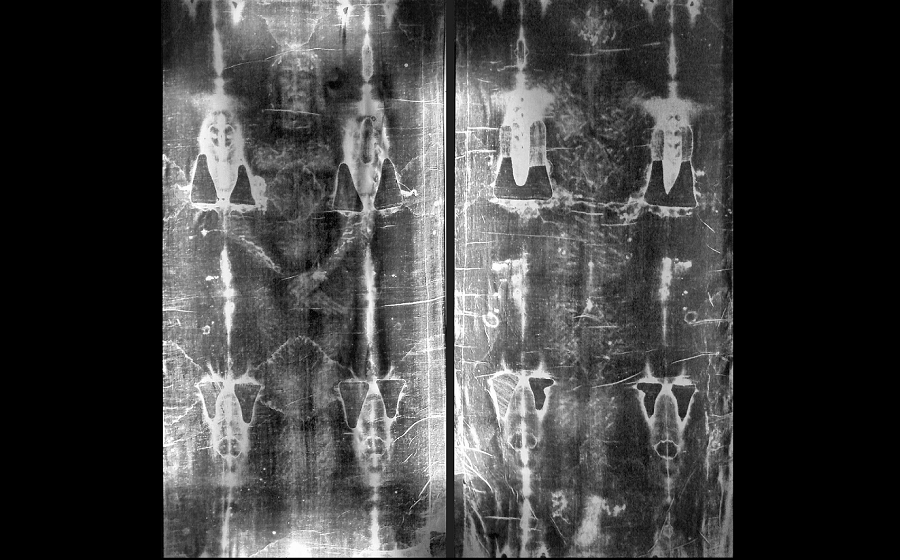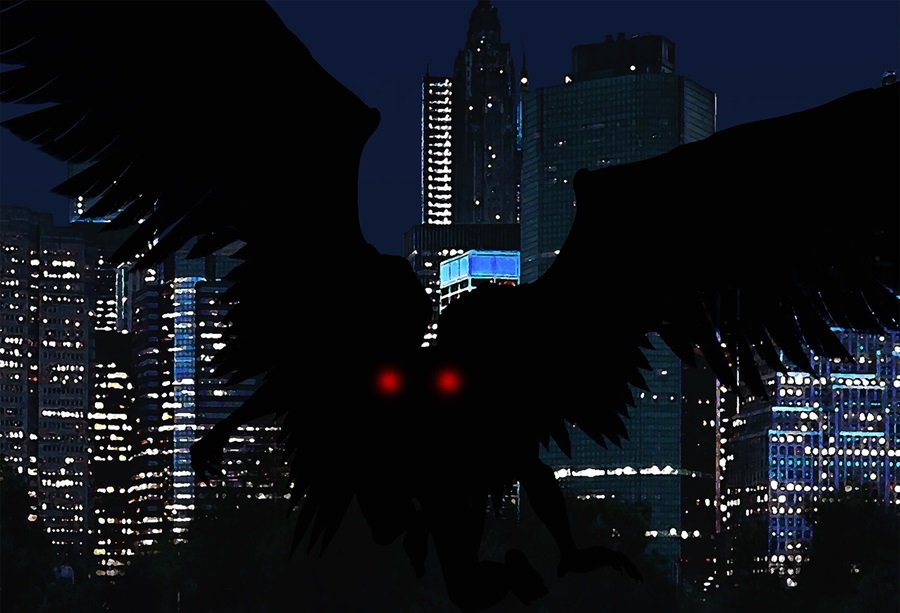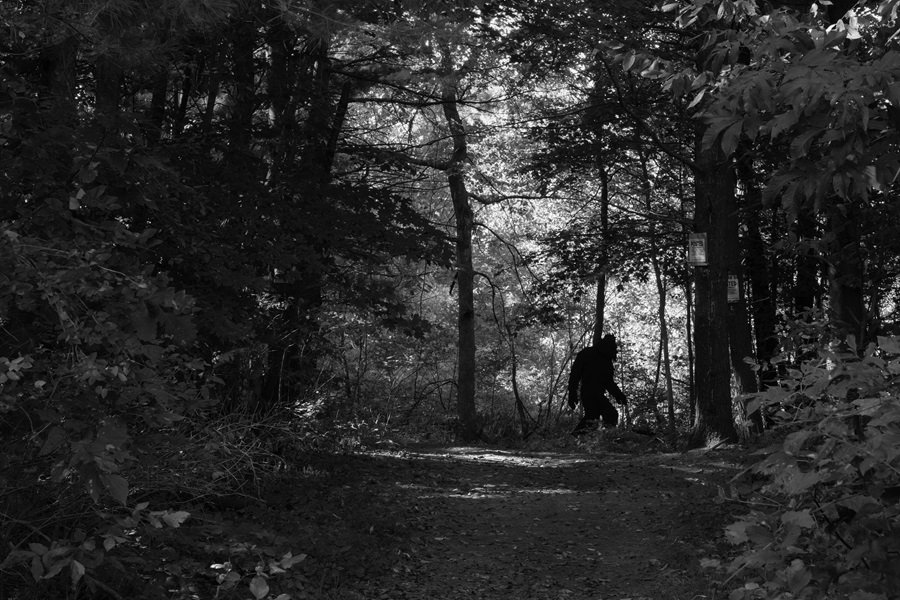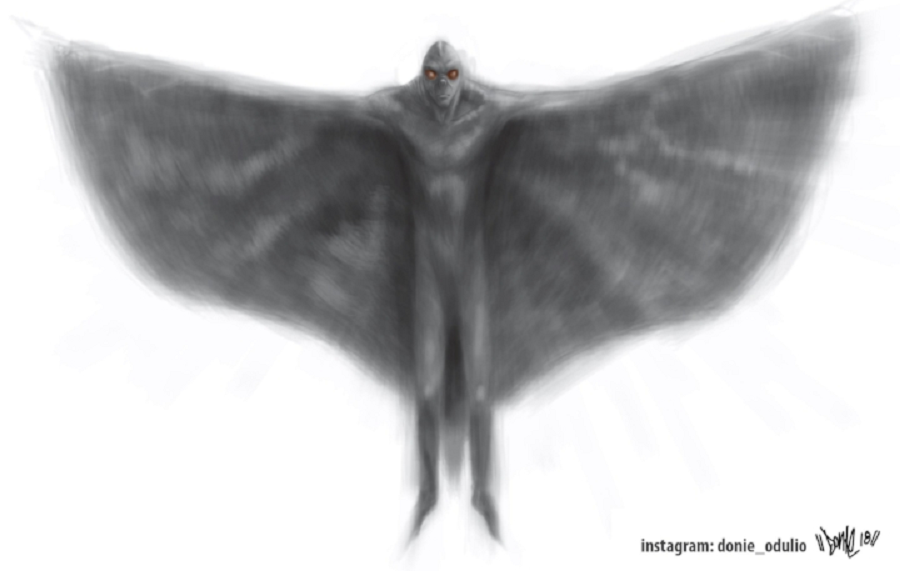"I Feel Like I Dissolved, and It Was Just Really Nice," Woman Says after Being Clinically Dead for 24 Minutes
In the spring of 2023, Virginia resident Lauren Canaday experienced a sudden cardiac arrest in her home which resulted in her being clinically dead for 24 minutes, reported Newsweek.
The 39-year-old woman had been on medication for epilepsy for years and suffered a grand mal seizure, which cause violent muscle contractions and loss of consciousness, and stopped breathing.
"My husband was across the hall and heard me say, 'oh shit,'" Canaday said. "He rushed in to find me unconscious on the floor. I had stopped breathing and turned blue."
Her husband quickly called 911 and performed CPR for several minutes until emergency services arrived. In total, it took 24 minutes and four defibrillator shocks to restore her heartbeat.
Later, at the hospital, Canaday tested positive for COVID-19 and was diagnosed with myocarditis—a condition that inflames the heart muscle and could hinder the heart's ability to pump blood. Canaday said her medical team speculated that this could have led to her sudden cardiac arrest.
Only nine days later, she was released from the ICU.
Naturally, the incident has been an impactful one for Canaday, who despite encountering death itself has remained positive.
When asked what it was like to be dead, she said: "I have this gut feeling that it was friendly and peaceful even though I can't report any shapes or personas or visions of that time. I feel like I dissolved, and it was just really nice."
"What I have is a strong sensation of peace about that time when I was out of consciousness," she added.
Canaday’s memory of her initial recovery is hazy, but by the time she was discharged from the hospital she was declared "cognitively intact," with no visible brain damage on her MRI scans.
She also exhibited a normal EEG, despite her history of epileptic seizures.
The experience has resulted in a change of perspective for Canaday.
"I remember a lot of very serene moments in and after the hospital, like none of the worries I used to have mattered, and I got insanely excited about things like cheeseburgers. Things just felt very simple," she said. "I feel like this is my second life. I feel like I have two birthdays. In my first life, I was very individualistic and strong. In this life, I have a completely different worldview and am comfortable—mostly—with depending on others."
At his point, she explained, "A lot of stuff like status and career success don't matter beyond survival needs, creature comforts, and helping others. I honestly feel like I'm here to love my husband and make life a little easier, if I can, for those I meet along my own path.”
She said that she now focuses on health and well-being, including silent prayer or meditation, and that she feels a calling to share her story.
"I don't know why I'm here, or why any of us are here, but I know we're all in it together,” Canaday said. “That's why I'm passionate about sharing my story, I guess. It's not just my story. It's a lot of people's."
To that end, she released her memoir, Independence Ave: How Individualism Killed Me and Community Brought Me Back, in November of 2023.
Near Death Experiences, or NDEs, are understandably significant to those who experience them and are often accompanied by a change in mindset following the event.
The phenomenon remains popular among those with an interest in parapsychology and in 2021 Jeffrey Mishlove, PhD, won top prize in the Bigelow Institute for Consciousness Studies’ (BICS) afterlife evidence contest for his presentation entitled Beyond the Brain: The Survival of Human Consciousness after Permanent Bodily Death. Mishlove’s evidence included "video snippets and testimonies regarding near-death experiences, reincarnation cases documented by memories of past lives, and seven other types of evidence that consciousness survives physical death," according to a report from Mystery Wire.
Mishlove received his PhD in parapsychology from the University of California, Berkeley, in 1980—the only doctoral diploma in parapsychology ever awarded by an accredited university—and currently teaches the subject at the Holmes Institute for ministers in training with the Centers for Spiritual Living.
Despite a number of scientific studies on the subject, complete with competing explanatory models ranging from the psychological to the neuroanatomical, no consensus has yet been reached to explain NDEs.






















